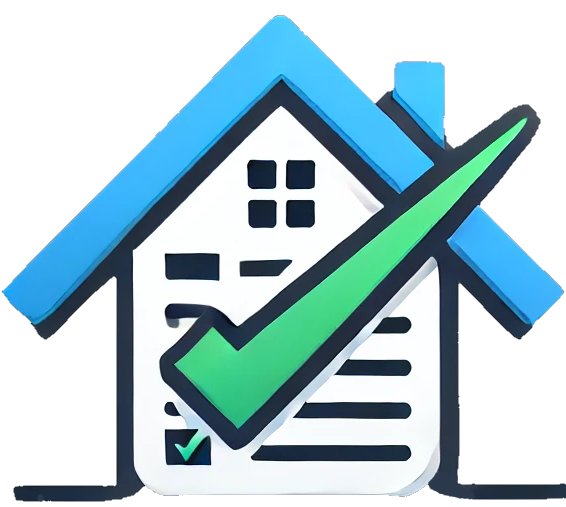Understanding the Tax Appeal Process in San Jose, California: A Guide for Property Owners
As a property owner in San Jose, California, you may feel overwhelmed by your property tax assessment. It can be disheartening to see a valuation you believe is too high, particularly when it impacts your finances. Fortunately, there is a way to appeal this assessment. This article will guide you through the tax appeal process, providing the information you need to navigate it successfully.
What is the Tax Appeal Process?
The tax appeal process in San Jose allows property owners to contest their property tax valuation. Managed by the Assessment Appeals Division of Santa Clara County, this process can help reduce your property tax burden if you believe your assessment is incorrect.
Pain: The Struggle with High Property Taxes
High property taxes can strain your budget. You may feel like you’re paying more than your property is worth, adding financial stress. This is a common pain point for many property owners in San Jose. Yet, understanding that you have options can alleviate some of that burden.
Deadline: Don’t Miss Your Chance
It’s crucial to know that there is a firm deadline for filing your property tax assessment appeal. In Santa Clara County, you must submit your appeal by September 15 of the tax year. Missing this deadline means you won’t be able to contest your assessment for that year, potentially leaving you with an inflated tax bill.
Process and Contingencies: Steps to Take
Navigating the tax appeal process involves several steps:
-
File an Assessment Appeal Application: You must complete and submit the Assessment Appeal Application (form BOE-305-AH) to the Clerk of the Board.
-
Hearing: After filing, your appeal will be heard by either a Value Hearing Officer or a three-member Appeals Board.
-
Presenting Evidence: During the hearing, both you and the assessor’s office will present evidence regarding your property’s value.
-
Final Decision: The Appeals Board will then determine the final value of your property. Keep in mind, their decision is final, but you can appeal to the county’s superior court if necessary, within six months.
Best Practices and How to Start
To strengthen your case, consider the following best practices:
-
Gather Documentation: Collect relevant documents, especially sales data of comparable properties to support your claim.
-
Consult the County Assessor: Before filing, you may want to discuss your concerns with the County Assessor directly. Sometimes, this can resolve the issue without needing a formal appeal.
-
Be Prepared: Understand that the burden of proof lies with you, the property owner. Be ready to demonstrate why your assessment should be lowered.
Risks: Know What You’re Up Against
While appealing your property tax assessment can lead to savings, there are risks involved:
-
Possible Increase: The Appeals Board can decide to increase, decrease, or maintain the current assessed value.
-
Failure to Meet Deadlines: If you miss the September 15 deadline, you will lose the opportunity to appeal for that tax year.
-
Limited Appeal Period: Even if you believe you’ve been overtaxed for multiple years, you can only contest the current tax year’s assessment.
Taking Action: Your First Steps
Ready to start? Here’s what to do:
-
Visit the Santa Clara County Assessment Appeals Division: You can find them at 70 West Hedding Street, East Wing, 10th Floor, San Jose, CA 95110 or reach them at (408) 299-5088.
-
Obtain the Application: Download the Assessment Appeal Application form from the county website or collect it from their office.
-
Prepare Your Evidence: Along with your application, gather data that supports your view of your property’s value.
-
Present Your Case: When it’s time for the hearing, be ready to present your evidence effectively.
Most property tax appeals are resolved before they reach a formal hearing, so early communication with the assessor’s office is often beneficial.
Conclusion: Take Control of Your Property Taxes
Understanding the tax appeal process in San Jose, California, is crucial for any property owner who wants to contest a tax assessment they believe is unfair. By knowing the deadlines, the necessary steps, and best practices, you can navigate this process with confidence. Don’t let high property taxes overwhelm you—take action today and ensure you’re paying a fair value for your property.
